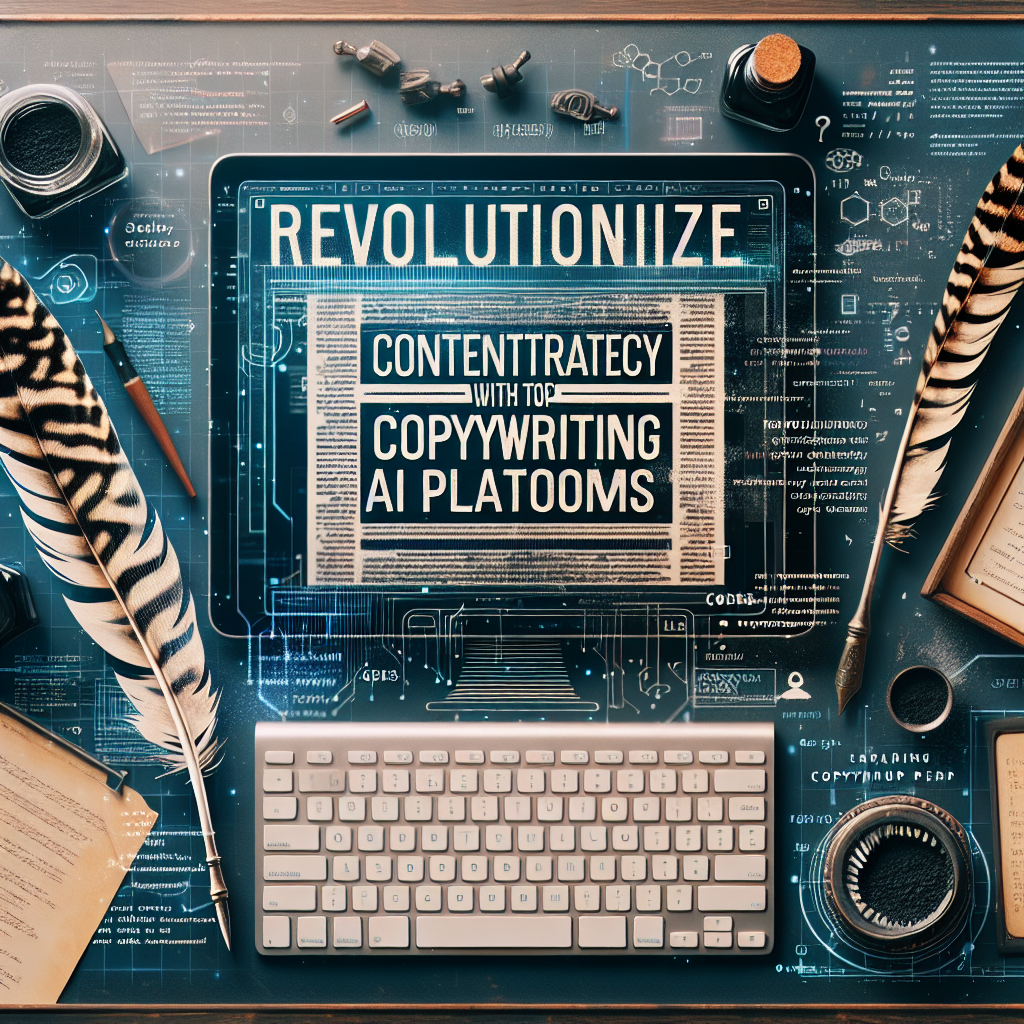AI has the ability to analyze vast amounts of data, create targeted messaging, and optimize content for maximum impact. This has resulted in more personalized and effective copy that resonates with consumers on a deeper level.
One way in which AI is changing the game of copywriting is through the use of natural language generation (NLG) technology. NLG algorithms can generate human-like text based on data input, allowing marketers to create customized messaging at scale. This not only saves time and resources but also ensures that the content is tailored to the individual preferences of consumers.
AI-powered tools such as chatbots and virtual assistants are also changing how copy is created and delivered. These technologies can engage with consumers in real-time, providing personalized recommendations and assistance based on their preferences. By leveraging AI, marketers can deliver more relevant and timely messaging to their target audience, ultimately driving higher conversion rates.
Furthermore, AI can help optimize copywriting efforts by analyzing consumer behavior and feedback. By tracking metrics such as open rates, click-through rates, and engagement levels, marketers can gain valuable insights into what resonates with their audience and adjust their messaging accordingly. This data-driven approach allows for continuous improvement and refinement of copywriting strategies, leading to better results over time.
Overall, AI is revolutionizing the game of copywriting by enabling marketers to create more personalized, targeted, and engaging content. By leveraging AI-powered tools and technologies, marketers can streamline their copywriting processes, deliver more relevant messaging, and ultimately drive better results for their brands. As AI continues to advance, the possibilities for revolutionizing copywriting are endless, and marketers who embrace this technology will have a competitive edge in the ever-evolving landscape of digital marketing.
[ad_2]
[featured_image size=”large” class=”custom-class”]


